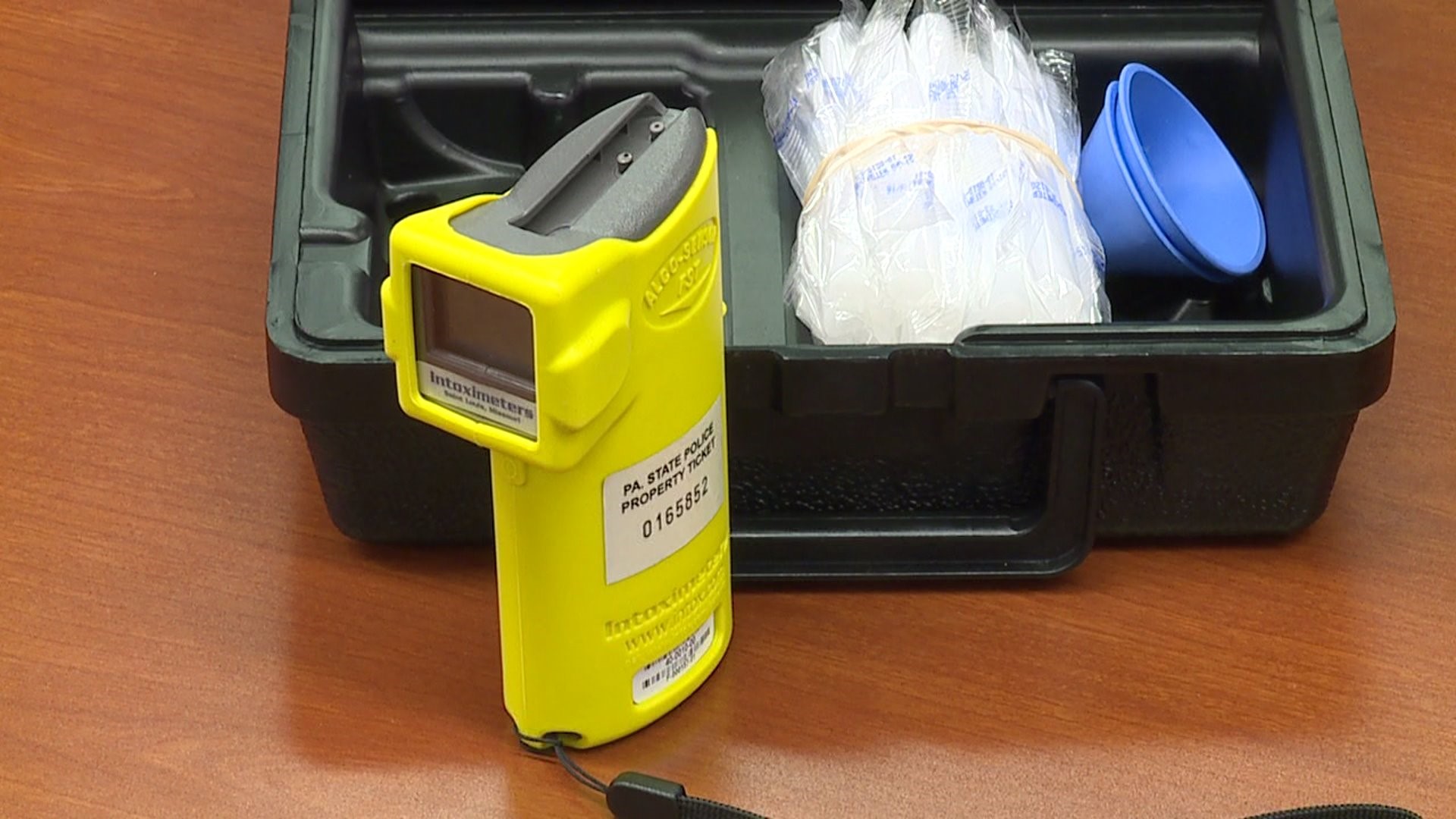
In State v. Reis, the WA Supreme Court decided that although medical marijuana use is a defense, police officers can still obtain search warrants and search people’s homes if sufficient probable cause of criminal activity exists.
In 2012, Detective Thomas Calabrese received an anonymous tip from an individual living in the Shorewood area of Burien, informing him that a man named “William” was actively growing marijuana in a house in that neighborhood. The informant, who feared retaliation by Reis, declined to provide any additional information. Detective Calabrese began investigating.
He conducted stakeout surveillance of the home and watched the defendant William Reis tending to numerous marijuana plants growing in the backyard. The detective also heard a distinct humming sound coming from the northwest side of the target home and observed black plastic covering the daylight basement window. Detective Calabrese also noticed condensation on this window.
Detective Calabrese also discovered Mr. Reis had a prior DV conviction and, during that arrest, officers discovered significant evidence of a marijuana grow operation, as well as a rifle and $18,000 cash hidden in the attic. Additional searches of Reis’s financial records in 2005 connected him to a large marijuana grow operation in California. Detective Calabrese also learned that Reis had been arrested in 2011 for possession of 1.3 grams of marijuana.
Based on this information, Detective Calabrese put all of this information in an affidavit of probable cause to support a search warrant of Reis’s home. Judge Eide granted a search warrant, finding probable cause to believe that Reis was violating Washington’s Uniform Controlled Substances Act, RCW 69.50. A search of Reis’s home pursuant to the search warrant revealed plants, scales, ledgers, sales receipts, and tools indicative of a marijuana grow operation. The search also revealed 37 plants and 210.72 ounces of cannabis.
Reis moved to suppress the evidence on the basis that officers lacked probable cause to search his home. The trial court denied his motion. The WA Court of Appeals granted review. They decided the authorized use of medical marijuana under RCW 69.51A.040 does not stop an officer from searching a home for criminal activity. Although compliant use of medical marijuana under the statute is an affirmative defense, it does not negate probable cause required for a search warrant. State v. Reis, 180 Wn.App. 438, 322 P.3d 1238 (2014). The WA Supreme Court granted review and affirmed the Court of Appeals.
The WA Supremes reasoned that RCW 69.51A.040, as passed, does not decriminalize the medical use of marijuana. Instead, the plain language of the statute establishes a limited exception to the general prohibition against marijuana that existed at the time that the search warrant in this case issued. The Court summarized it best here:
The legislature may have intended to create heightened protections for qualifying patients who registered. However, because registration is currently impossible, the statute provides qualifying patients with only an affirmative defense until the legislature is able to establish a registry. Therefore, we reject Reis’s argument and affirm the Court of Appeals.
The Court describes how the “Medical Marijuana Defense” works under RCW 69.51A.040.
There are six required “terms and conditions” contained within RCW 69.51A.040. Subsection (1) places limits on the quantity of cannabis that a qualifying patient or designated provider may possess. Subsections (2) and (3) require registration with the Department of Health-now impossible in light of the governor’s veto-and require that the patient keep their registration within their home and present it to inquiring investigating officers. Subsections (4 ), (5), and (6) require that the investigating officer not possess evidence that the qualifying patient or designated provider is converting marijuana for their own use or benefit, or otherwise violating distribution requirements or registration requirements. If a qualifying patient or designated provider complies with all of these requirements, including registration, the use of marijuana does not constitute a crime.
Here, the search was valid because the plain language of the statute and the legislative intent lead to the conclusion that a user or possessor of cannabis may raise only an affirmative defense.
My opinion? Hate to say, but the reasoning makes sense. After all, assaulting people in the street is still a crime. One must prove a defense – hypothetically speaking, self-defense – by a preponderance of the evidence in order to be found not guilty of the crime of assault. The same reasoning applies here. The medical use of marijuana does not decriminalize marijuana use – it only provides a defense if one is charged with marihuana-related crimes. Police officers can still investigate citizens and apply for search warrants if probable cause exists that a crime is being committed.
Please contact my office if you, a friend or family member are charged with a crime. Hiring an effective and competent defense attorney is the first and best step toward justice.















